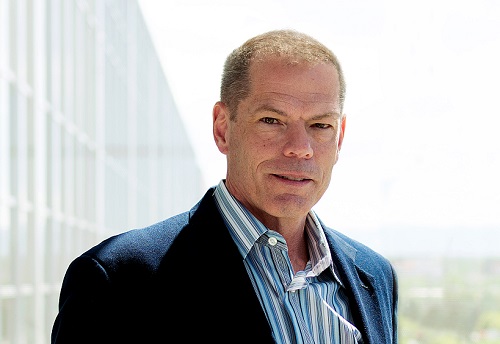Early Bird
Latest on Covid-19 and campus operations
COO Larry Sampler gives an update on campus cleaning protocols and ventilation improvements.
By Larry Sampler, chief operating officer
January 14, 2021
 Dear Roadrunners,
Dear Roadrunners,
As some students and employees prepare to return to campus to take, teach or support face-to-face classes, safety for all campus users remains top priority. Anyone visiting campus must adhere to Metropolitan State University of Denver’s Required Health Protocols, complete the Required Daily Health Assessment and keep their University ID visible.
In addition to keeping our people safe, MSU Denver is working diligently to ensure that all buildings are clean and HVAC systems are properly maintained to avoid any potential risk to occupants. It is very important to me and my fellow leaders that all Roadrunners feel safe on campus, no matter what building they enter, and we will continue to enforce strict cleaning protocols and systems monitoring.
HVAC operation changes
MSU Denver and the Auraria Higher Education Center have been working closely to ensure that building systems are operating at full occupancy levels even though traffic on campus has been greatly reduced. While we cannot decrease the risk of Covid-19 contraction to zero, our goal is to reduce the risk as much as possible by combining our Required Health Protocols with high levels of air filtration and ample ventilation.
To the extent feasible within the constraints of existing HVAC systems, adjustments have been implemented following Centers for Disease Control and Prevention best practices to increase building safety while minimizing unintended consequences to equipment. For example, our air-exchange rate is an important metric that refers to the number of times air is replaced in each room every hour. Currently, we are achieving eight to 12 air exchanges per hour. A rate of 10 exchanges per hour will result in a 99% removal of airborne contaminants in 28 minutes.
Following CDC guidance, we also have increased the filtration ratings of our air filters from MERV-8 to MERV-13. The higher rating will improve indoor air quality by trapping harmful particulates in the outside and recirculated air. MERV-13-rated filters are commonly used in industrial or medical facilities with specific air-quality concerns. Denser filtration has resulted in more frequent filter changes because the MERV-13 filters capture more particulates and fill more quickly.
If you are in an area of campus where the air feels stagnant, please contact facilities@msudenver.edu and we will investigate as quickly as possible.
Custodial protocols
For MSU Denver buildings, trash and recycling must be placed outside of individual offices to be emptied by the janitorial staff. The campus’ janitorial company, AFL, does not clean individual office-desk surfaces or lab benches. This is the responsibility of the person working in the office or at the lab bench.
Instead, AFL’s focus during this time is on high-touch surfaces in common areas, restrooms and other high-touch points. All buildings are visually checked once during the day and once at night to ensure upkeep. For custodial operations in AHEC buildings, please reference this site.
When a positive Covid-19 case is communicated to the Department of Facilities, facilities staff complete a thorough fogging/misting of a space using a hospital-grade misting system and an Environmental Protection Agency-approved cleaning agent to disinfect the area in question.
If you would like a cleaning kit with disinfectant spray and paper towels to be used in your space, please contact facilities@msudenver.edu.
To request a specific area to be cleaned or sanitized if someone tests positive for Covid-19 and was on site, please notify facilities@msudenver.edu.
As always, if you have questions or concerns about our Safe Return to Campus, please reach out through this form or via email at roadrunnersafereturn@msudenver.edu.
Sincerely,
Larry Sampler
Vice president for Administration, Finance and Facilities and chief operating officer
Topics: AHEC, Health, Safety
Edit this page